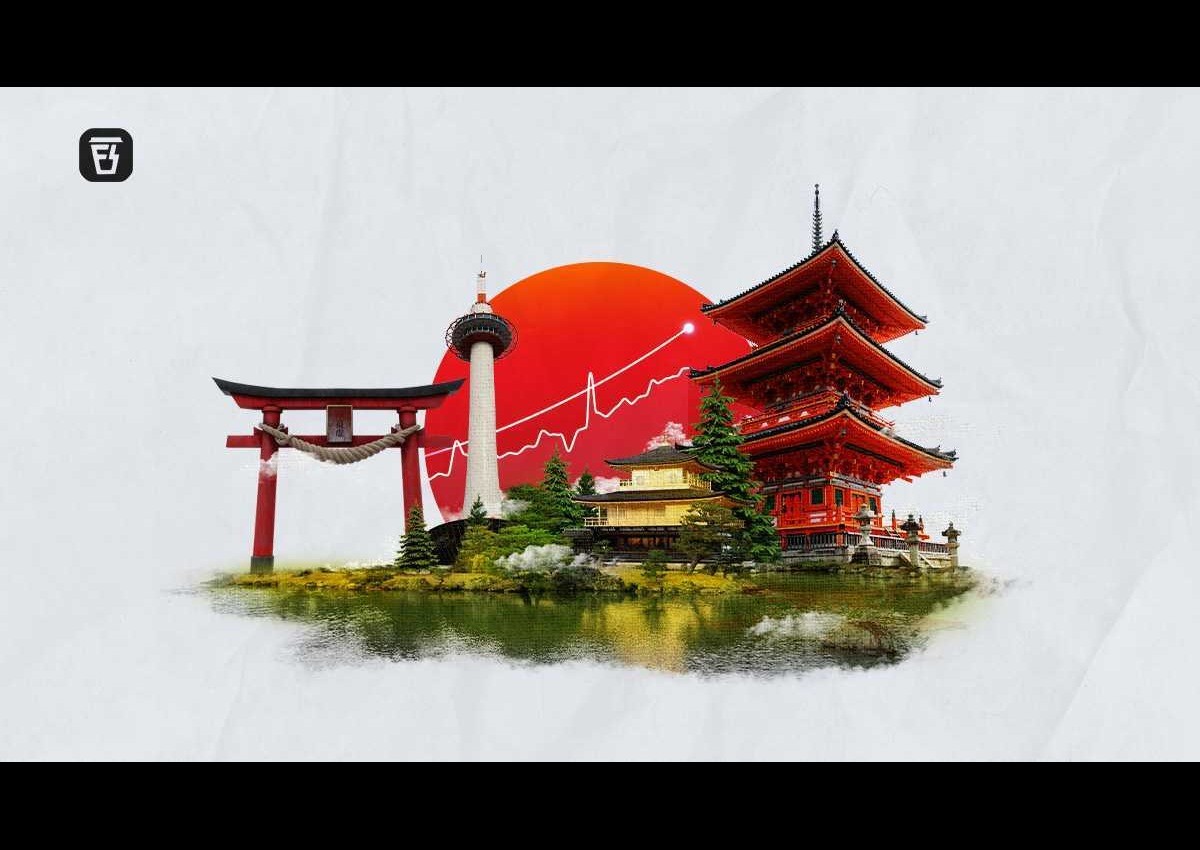18 Aug
い&な-adjective | Minna no Nihongo | Lesson 8
### Understanding い-Adjectives and な-Adjectives in "Minna no Nihongo" | Lesson 8
In Lesson 8 of "Minna no Nihongo," you’ll learn about い-adjectives and な-adjectives, which are essential for describing nouns in Japanese. Adjectives play a crucial role in giving more detail about people, objects, and situations. Let’s break down the two types of adjectives and see how they are used.
### 1. **い-Adjectives**
**い-adjectives** end in **〜い** and are used to describe the qualities or states of nouns. They can be conjugated to express different tenses and forms.
#### **Present Positive:**
- **Structure:** [い-adjective] + です (desu)
- **Example:** **この映画は面白いです。** (Kono eiga wa omoshiroi desu.)
- This movie is interesting.
#### **Present Negative:**
- **Structure:** [い-adjective] + くないです (kunai desu)
- **Example:** **この映画は面白くないです。** (Kono eiga wa omoshirokunai desu.)
- This movie is not interesting.
#### **Past Positive:**
- **Structure:** [い-adjective] + かったです (katta desu)
- **Example:** **この映画は面白かったです。** (Kono eiga wa omoshirokatta desu.)
- This movie was interesting.
#### **Past Negative:**
- **Structure:** [い-adjective] + くなかったです (kunakatta desu)
- **Example:** **この映画は面白くなかったです。** (Kono eiga wa omoshirokunakatta desu.)
- This movie was not interesting.
### 2. **な-Adjectives**
**な-adjectives** are adjectives that need the particle **な** when used directly before a noun. They do not end in **〜い** and are conjugated differently from い-adjectives.
#### **Present Positive:**
- **Structure:** [な-adjective] + です (desu)
- **Example:** **この映画は楽しいです。** (Kono eiga wa tanoshii desu.)
- This movie is fun.
#### **Present Negative:**
- **Structure:** [な-adjective] + ではありません (dewa arimasen) or じゃありません (ja arimasen)
- **Example:** **この映画は楽しくないです。** (Kono eiga wa tanoshikunai desu.)
- This movie is not fun.
#### **Past Positive:**
- **Structure:** [な-adjective] + でした (deshita)
- **Example:** **この映画は楽しかったです。** (Kono eiga wa tanoshikatta desu.)
- This movie was fun.
#### **Past Negative:**
- **Structure:** [な-adjective] + ではありませんでした (dewa arimasen deshita) or じゃありませんでした (ja arimasen deshita)
- **Example:** **この映画は楽しくなかったです。** (Kono eiga wa tanoshikunakatta desu.)
- This movie was not fun.
### Conjugation Summary
Here’s a summary of the conjugations for い-adjectives and な-adjectives:
| Adjective Type | Present Positive | Present Negative | Past Positive | Past Negative |
|----------------|------------------|------------------|---------------|---------------|
| **い-Adjective** | [い-adjective] + です | [い-adjective] + くないです | [い-adjective] + かったです | [い-adjective] + くなかったです |
| **な-Adjective** | [な-adjective] + です | [な-adjective] + ではありません (or じゃありません) | [な-adjective] + でした | [な-adjective] + ではありませんでした (or じゃありませんでした) |
### Practical Examples
1. **い-Adjectives:**
- **Present Positive:** **この料理は辛いです。** (Kono ryōri wa karai desu.) — This dish is spicy.
- **Present Negative:** **この料理は辛くないです。** (Kono ryōri wa karakunai desu.) — This dish is not spicy.
- **Past Positive:** **この料理は辛かったです。** (Kono ryōri wa karakatta desu.) — This dish was spicy.
- **Past Negative:** **この料理は辛くなかったです。** (Kono ryōri wa karakunakatta desu.) — This dish was not spicy.
2. **な-Adjectives:**
- **Present Positive:** **この映画は面白いです。** (Kono eiga wa omoshiroi desu.) — This movie is interesting.
- **Present Negative:** **この映画は面白くないです。** (Kono eiga wa omoshirokunai desu.) — This movie is not interesting.
- **Past Positive:** **この映画は面白かったです。** (Kono eiga wa omoshirokatta desu.) — This movie was interesting.
- **Past Negative:** **この映画は面白くなかったです。** (Kono eiga wa omoshirokunakatta desu.) — This movie was not interesting.
Understanding these adjective forms will help you describe people, places, things, and experiences more accurately in Japanese. Practice using both types of adjectives in different contexts to become more comfortable with their conjugations. Happy learning!










